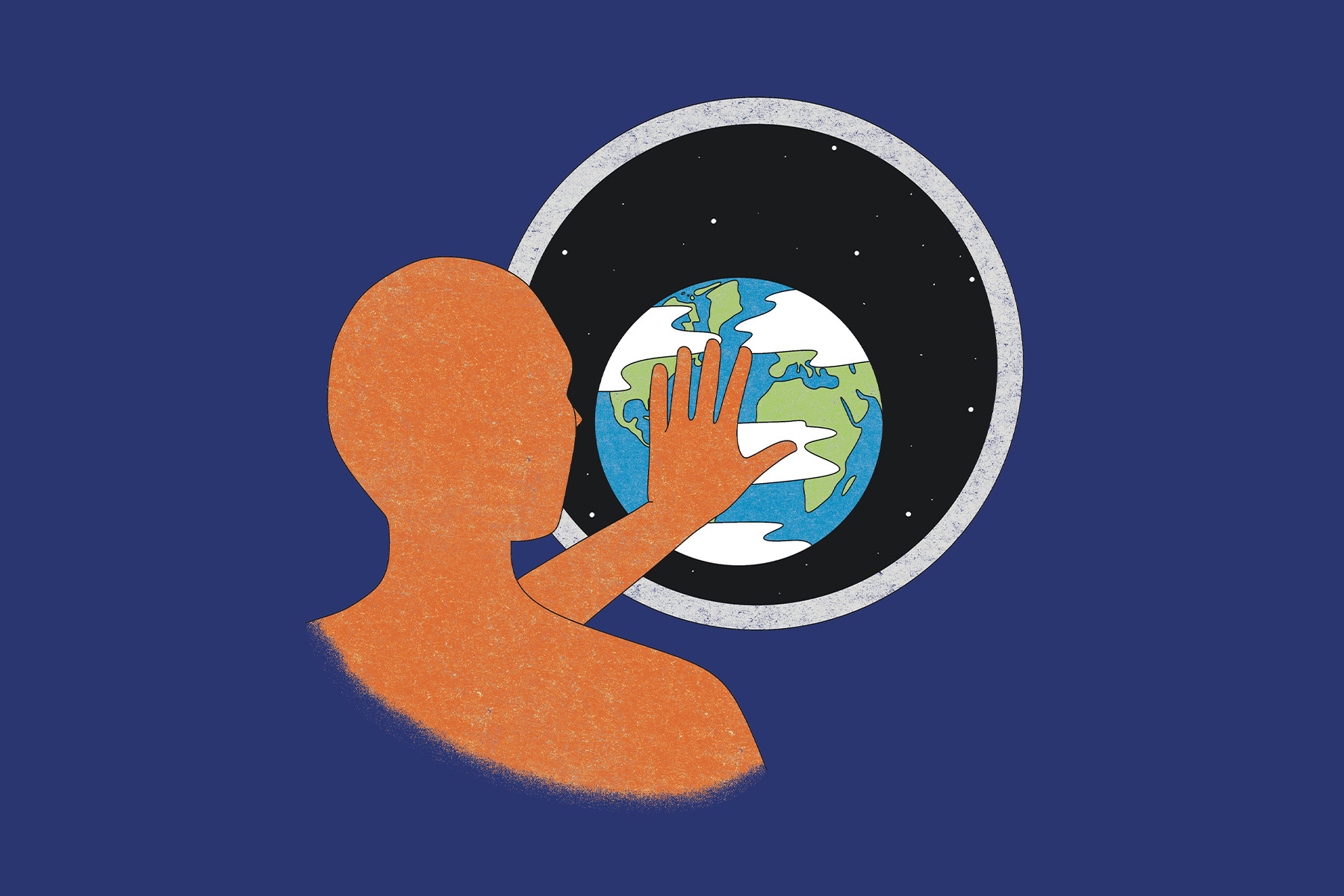
"One of the men in the group wants to spread a virus that would eradicate an entire population of robots. Another says: "Genocide? So that's what we're about now?" I was hooked. I was eleven, and the show was Battlestar Galactica, which depicts how machines called Cylons, who look like humans and were created by humans, destroyed most of human civilization."
"There's a lot to love about Battlestar Galactica, from its rich storylines to its self-actualized characters to the really awesome space-battle sequences. But when I tell people how much I love it, I giggle. I expect them to wonder, as I might in their shoes, why I'm into a silly space show, one with no substance. But, for me, Battlestar is so much more than entertainment."
Battlestar Galactica centers on humans fleeing after machines called Cylons, created by humans and indistinguishable from them, destroy most of human civilization. The series follows complex characters and cinematic space-battle sequences while probing questions of identity, morality, and survival during wartime. The narrative confronts choices such as deploying a virus against robots and debates labeled 'genocide' alongside intimate portrayals of fear and ritualized viewing. The show contrasts with contemporaneous programs by challenging wartime justifications and by engaging with real-world contexts like torture at Guantánamo and Abu Ghraib. The series asks whether societies can remain moral under profound crisis and what it means to be human.
Read at The Walrus
Unable to calculate read time
Collection
[
|
...
]